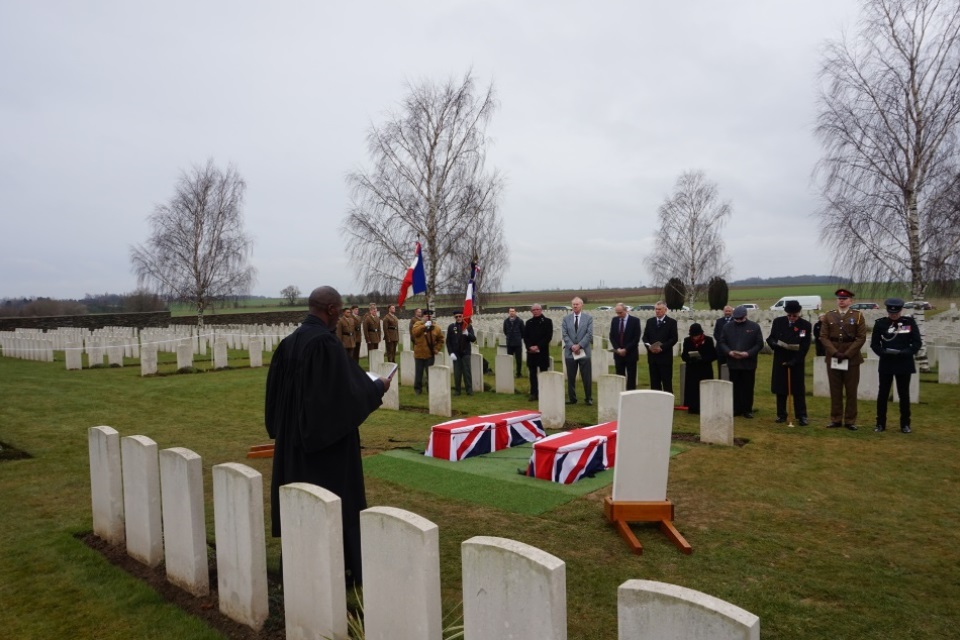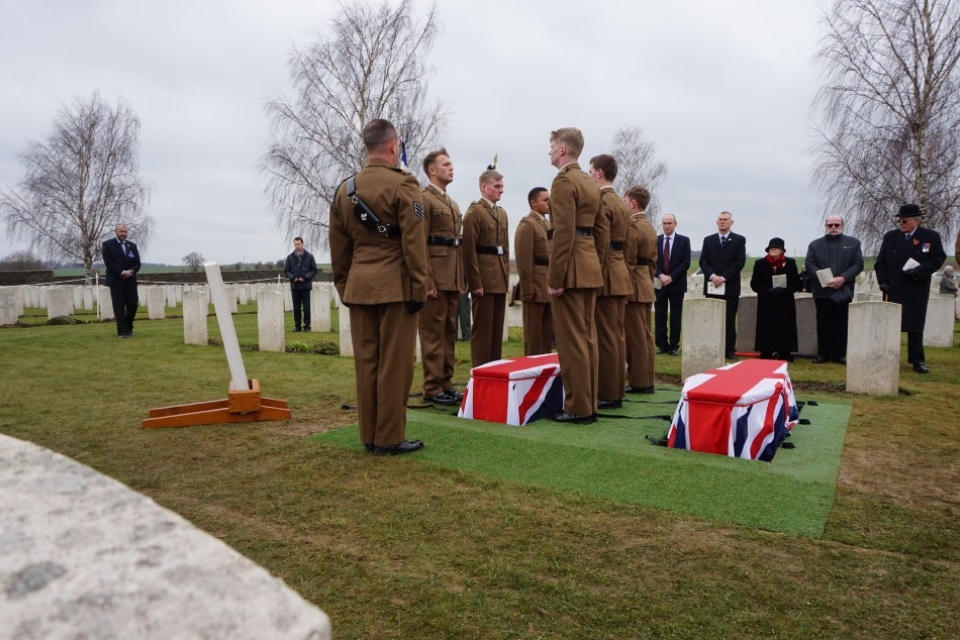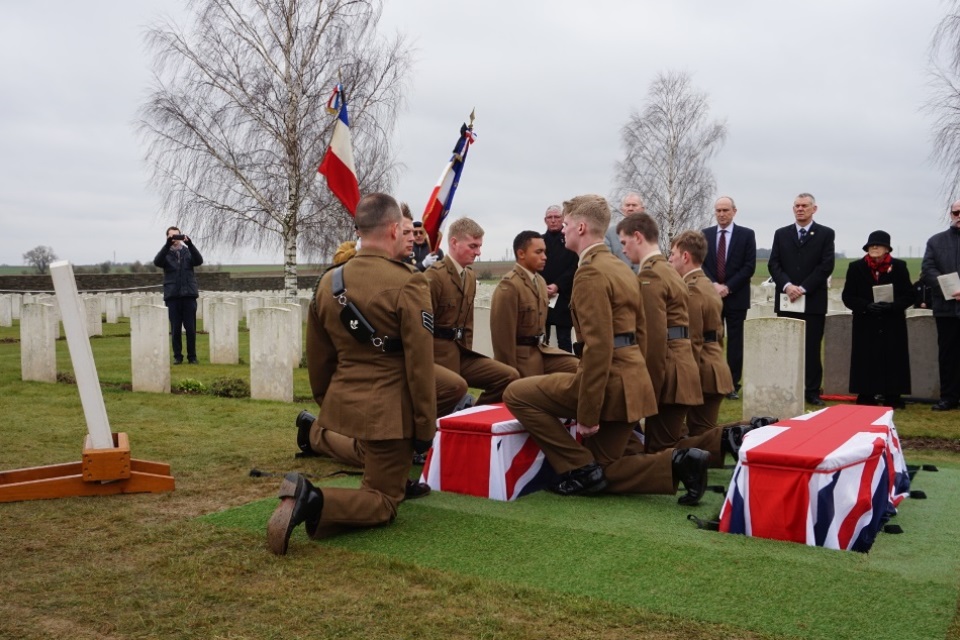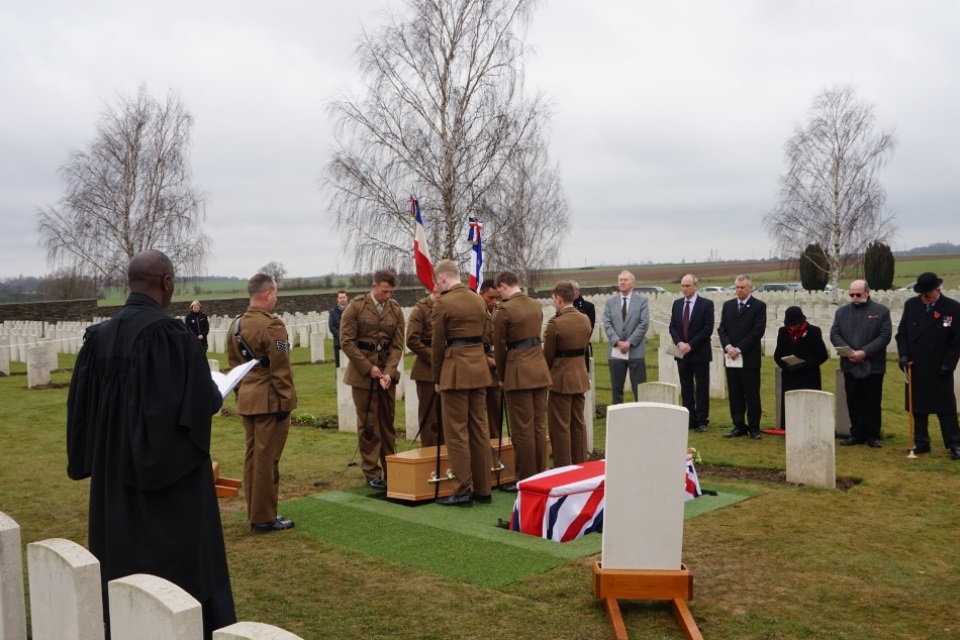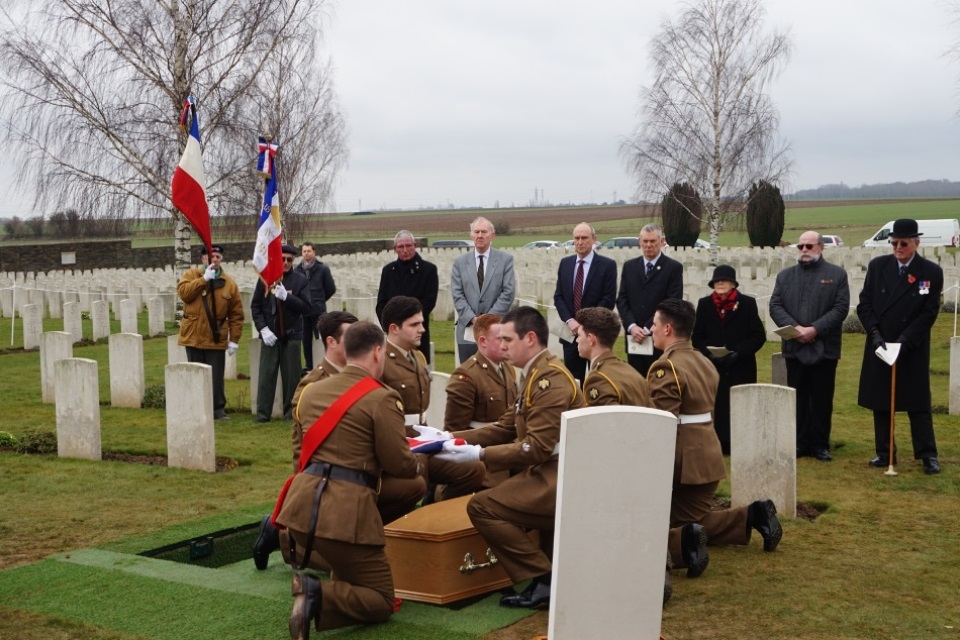Speech: Salisbury nerve agent attack: UK OSCE Permanent Council statement
Mr Chairman,
It is with great regret that I take the floor today to inform the Permanent Council of deeply concerning events that have taken place in the UK over the past days.
On the afternoon of Sunday 4 March, in the beautiful cathedral city of Salisbury in Wiltshire, a father and his daughter, Sergey and Julia Skripal, were taken gravely ill whilst walking through the city centre. Both remain critically ill. A British police officer who was among members of the emergency services responding to the incident also fell seriously ill and has spent the past days in hospital in intensive care. More than 30 other people have also sought medical treatment As the nature of the Skripals’ illness became clear, a major police-led operation sought to identify the poison, locate its source and decontaminate the affected locations and ensure the safety of the public. That operation, and those investigations are ongoing.
As the Prime Minister told the British Parliament, it is clear that Mr Skripal and his daughter had been poisoned with a military-grade nerve agent. I repeat, a military-grade nerve agent.
This agent has been identified by our experts at the Defence Science and Technology Laboratory, Porton Down, as a type developed in Russia, part of a group of agents known as Novichok. On Monday, my Prime Minister told Parliament that it was highly likely that Russia, a participating State of the OSCE, was responsible.
Either as a direct act – or because Russia had lost control of a catastrophically damaging military-grade nerve agent.
This assessment was based not only on the positive identification of the nerve agent and our knowledge that the Russian Federation has previously produced this agent and still has the capability to do so, but also on the Russian state’s record of state sponsored assassinations, and indeed, public statements indicating that defectors may be seen as legitimate targets.
The British government sought an urgent explanation from Russia, asking Moscow for immediate and full disclosure of the Novichok programme to the Organisation for the Prohibition of Chemical Weapons. Russia’s response so far has demonstrated complete disdain for the gravity of these events. There has been no explanation of how this nerve agent came to be used in the UK. And no explanation as to why Russia, a participating State of the OSCE, has an undeclared Chemical Weapon programme – in clear contravention of international law. There is no alternative conclusion other than that the Russian state was culpable for this heinous act. This represents an unlawful use of force by the Russian Federation in the UK.
Mr Chairman, I need hardly remind the Permanent Council that no state party which has committed to the Chemical Weapons Convention should in any way be linked to, or responsible for, the use of Chemical Weapons. Indeed, only 1 week ago, Russia reported in the FSC the destruction of historic Chemical Weapon stocks. Events of the last week cast significant doubt on that statement.
The Chemical Weapons Convention is not the only international commitment brought into question by this attack, the first offensive use of nerve agent of any sort on European Territory since the Second World War.
This was a grotesque crime, that not only targeted individuals in a particularly barbaric way, but which was perpetrated without regard to the safety of the British emergency services or indeed to local residents and visitors going about their ordinary lives on a Sunday afternoon.
I repeat Mr Chairman, this was an unlawful use of force against the UK.
But it is not simply a bilateral matter. This crime violates the letter and spirit of the Helsinki Final Act. It damages the concept of confidence building this organisation strives to develop. And it undermines the principles on which this organisation is founded.
No participating State of the OSCE should feel comfortable with what happened on the streets of Salisbury. No participating State.
Mr Chairman, police investigations are ongoing, decontamination operations are ongoing and medical care for the victims of this attack is ongoing.
For now, allow me to express my thanks for the many messages of support from friends, allies and partners around this table and for the strong expressions of solidarity from many capitals represented here.
I will close echoing the words of my Prime Minister. This is an affront to the prohibition on the use of chemical weapons. And an affront to the rules-based system on which we depend. We will work with our allies and partners to confront such actions wherever they threaten our security, at home and abroad.
Mr Chairman, please attach this statement to the journal of the day.
Thank you Mr Chairman.
